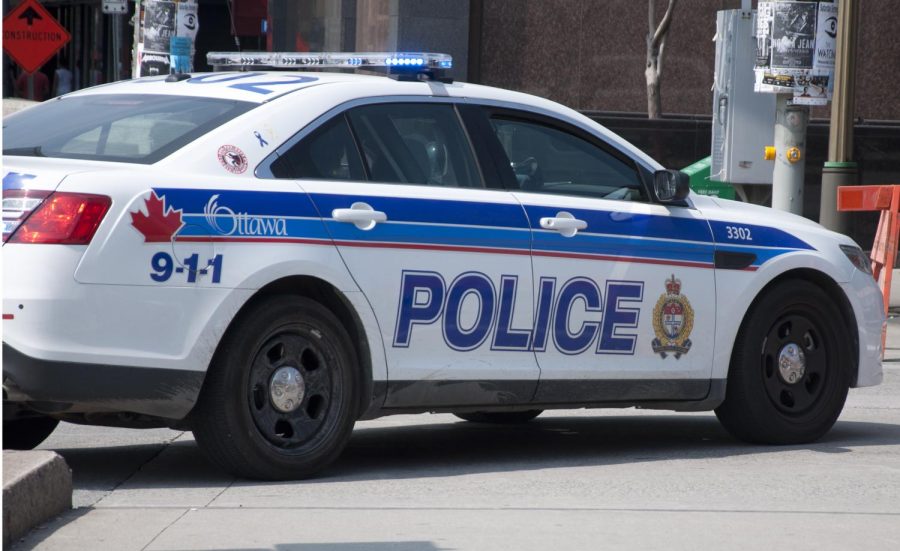Police association blocks DUI reform for medical cannabis patients in Pennsylvania
A police association is reportedly trying to block reforms to DUI laws in Pennsylvania that would protect medical cannabis patients. Lawmakers in the state are trying to pass a bill that would make it so medical cannabis patients can’t be charged with a DUI simply because they have THC in their system. The Pennsylvania State Troopers Association has expressed concerns about the legislation.
“There’s a perception—generally speaking, not just with state troopers or law enforcement, but generally—that somehow this amendment to this bill, which is identical to the standalone legislation I introduced, would somehow give impaired drivers who were impaired by cannabis a free pass, which it wouldn’t,” Rep Chris Rabb (D) told Marijuana Moment. “It merely seeks to have parity for drivers, irrespective of the prescribed medication.”
Patrick Nightingale, executive director of Pittsburgh NORML, told Cannabis News Box that protecting these medical cannabis patients is “absolutely critical.” He said over 365,000 patients in the state are currently at risk of receiving a DUI just because they have THC in their system even if they’re not intoxicated.
“Not a single thought was given to how long it takes THC to fully metabolize when PA amended it’s DUI law and introduced the ‘zero tolerance’ provisions,” Nightingale said. “Under current DUI law a patient can be convicted of DUI with no proof of actual impairment required. Considering that penalties rapidly escalated to a year in prison for a third offense within 10 years I would submit that this is the most pressing issue confronting PA patient population.”
Nightingale said police want to prevent DUIs but generally don’t want to arrest unimpaired drivers. However, some police know they can typically charge any patient if they want to because of the existing laws.
“I get the call after the patient has been charged with DUI and it often follows the same script – ‘everything changed when I said I was a MMJ
patient.’ It’s terrifying when you consider that a motorist patient will not be offered a diversionary program for a first offense if their kid was in the car, and I’ve even seen a few patients charged with Endangering Welfare of Children as well as DUI,” Nightingale said.
No one should drive when they’re intoxicated, Nightingale said, but unfortunately it’s difficult to determine if someone is intoxicated based on how much THC they have in their system.








